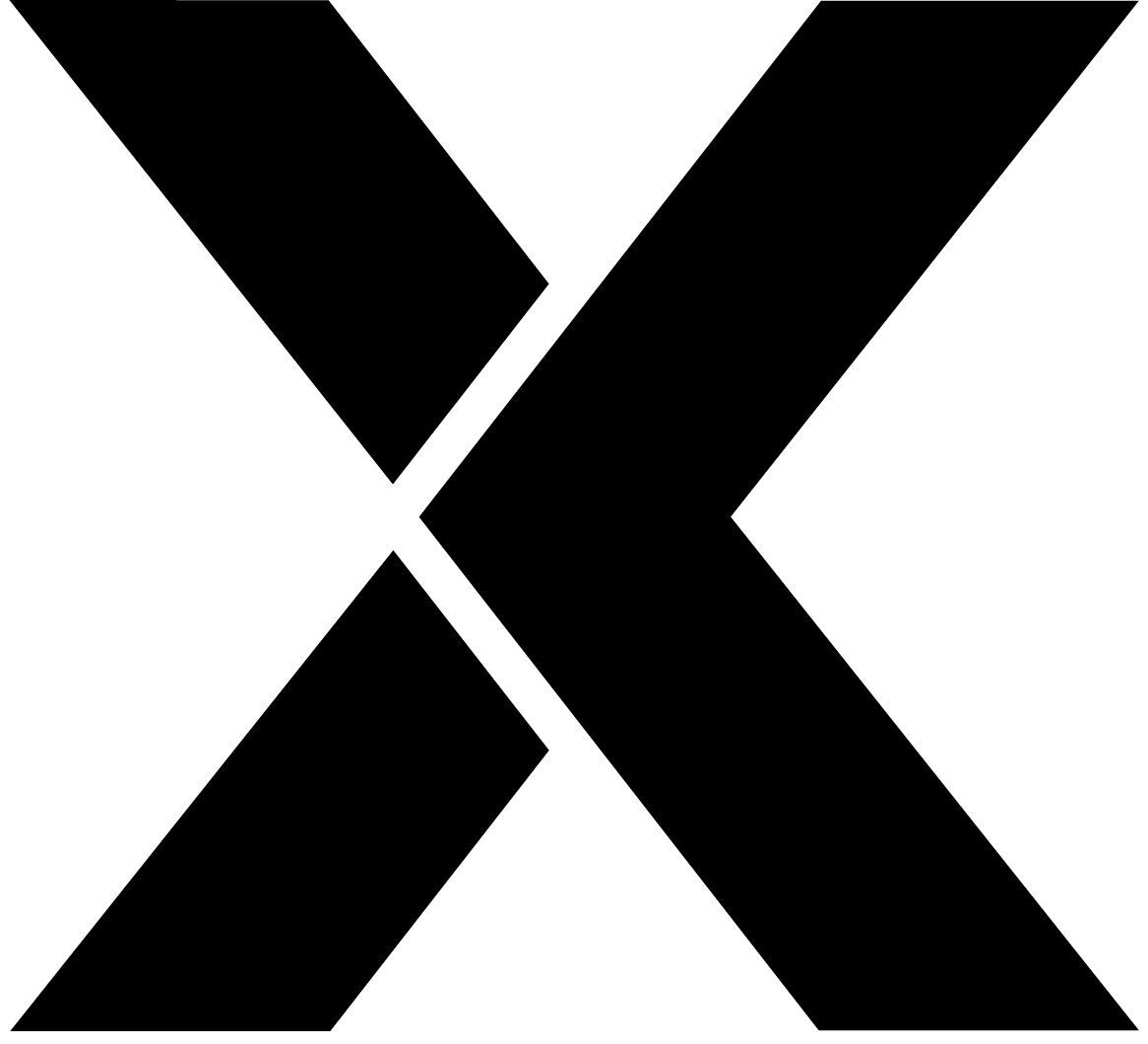[vc_row][vc_column][vc_column_text]
Index on Censorship welcomes a report by the House of Commons Digital, Culture, Media and Sport select committee into disinformation and fake news that calls for greater transparency on social media companies’ decision making processes, on who posts political advertising and on use of personal data. However, we remain concerned about attempts by government to establish systems that would regulate “harmful” content online given there remains no agreed definition of harm in this context beyond those which are already illegal.
Despite a number of reports, including the government’s Internet Safety Strategy green paper, that have examined the issue over the past year, none have yet been able to come up with a definition of harmful content that goes beyond definitions of speech and expression that are already illegal. DCMS recognises this in its report when it quotes the Secretary of State Jeremy Wright discussing “the difficulties surrounding the definition.” Despite acknowledging this, the report’s authors nevertheless expect “technical experts” to be able to set out “what constitutes harmful content” that will be overseen by an independent regulator.
International experience shows that in practice it is extremely difficult to define harmful content in such a way that would target only “bad speech”. Last year, for example, activists in Vietnam wrote an open letter to Facebook complaining that Facebook’s system of automatically pulling content if enough people complained could “silence human rights activists and citizen journalists in Vietnam”, while Facebook has shut down the livestreams of people in the United States using the platform as a tool to document their experiences of police violence.
“It is vital that any new system created for regulating social media protects freedom of expression, rather than introducing new restrictions on speech by the back door,” said Index on Censorship chief executive Jodie Ginsberg. “We already have laws to deal with harassment, incitement to violence, and incitement to hatred. Even well-intentioned laws meant to tackle hateful views online often end up hurting the minority groups they are meant to protect, stifle public debate, and limit the public’s ability to hold the powerful to account.”
The select committee report provides the example of Germany as a country that has legislated against harmful content on tech platforms. However, it fails to mention the German Network Reinforcement Act was legislating on content that was already considered illegal, nor the widespread criticism of the law that included the UN rapporteur on freedom of expression and groups such as Human Rights Watch. It also cites the fact that one in six of Facebook’s moderators now works in Germany as “practical evidence that legislation can work.”
“The existence of more moderators is not evidence that the laws work,” said Ginsberg. “Evidence would be if more harmful content had been removed and if lawful speech flourished. Given that there is no effective mechanism for challenging decisions made by operators, it is impossible to tell how much lawful content is being removed in Germany. But the fact that Russia, Singapore and the Philippines have all cited the German law as a positive example of ways to restrict content online should give us pause.”
Index has reported on various examples of the German law being applied incorrectly, including the removal of a tweet of journalist Martin Eimermacher criticising the double standards of tabloid newspaper Bild Zeitung and the blocking of the Twitter account of German satirical magazine Titanic. The Association of German Journalists (DJV) has said the Twitter move amounted to censorship, adding it had warned of this danger when the German law was drawn up.
Index is also concerned about the continued calls for tools to distinguish between “quality journalism” and unreliable sources, most recently in the Cairncross Review. While we recognise that the ability to do this as individuals and through education is key to democracy, we are worried that a reliance on a labelling system could create false positives, and mean that smaller or newer journalism outfits would find themselves rejected by the system.
About Index on Censorship
Index on Censorship is a UK-based nonprofit that campaigns against censorship and promotes free expression worldwide. Founded in 1972, Index has published some of the world’s leading writers and artists in its award-winning quarterly magazine, including Nadine Gordimer, Mario Vargas Llosa, Samuel Beckett and Kurt Vonnegut. Index promotes debate, monitors threats to free speech and supports individuals through its annual awards and fellowship programme.
Contact: [email protected][/vc_column_text][vc_basic_grid post_type=”post” max_items=”4″ element_width=”6″ grid_id=”vc_gid:1550487607611-2c41f248-b775-10″ taxonomies=”6534″][/vc_column][/vc_row]






